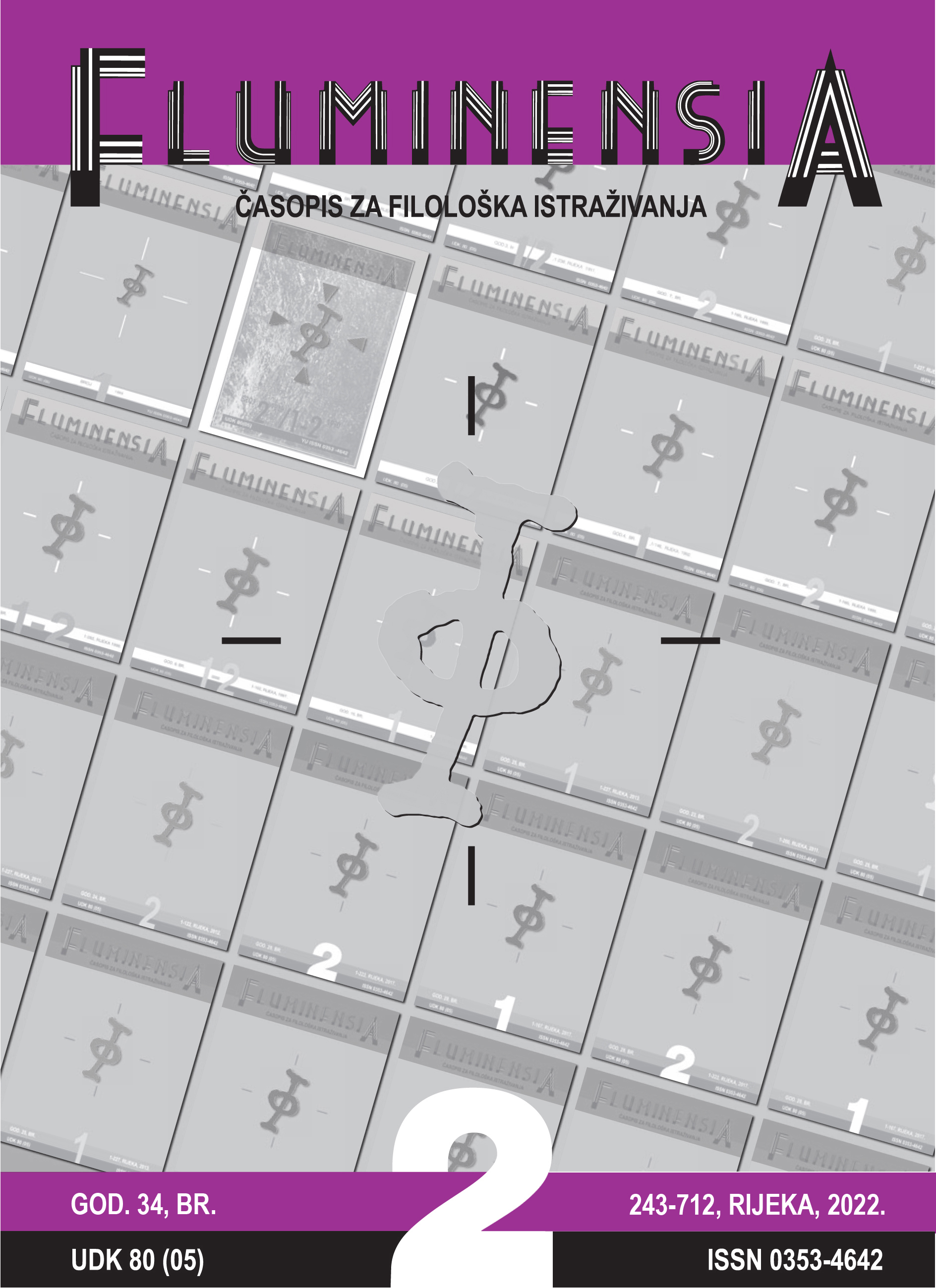THE NAZI CONCENTRATION CAMP SAN SABBA RICE MILL IN TRIESTE THROUGH MEMORY AND LITERATURE. PART TWO: THE TWO NOVELS
Keywords:
San Sabba Rice Mill, Holocaust, anti-fascism, communism, Claudio Magris, Daša DrndićAbstract
The paper deals with the collective memory of the San Sabba Rice Mill, a Nazi concentration camp that operated in Trieste from 1943 to 1945, through the analysis of two contemporary novels: Blameless by Claudio Magris and Sonnenschein by Daša Drndić. While the first part of the paper (published in the previous issue) presents basic historical data and different stages of memory, including Susanne C. Knittel’s comparative research on the repression of the memory of mass suffering of discriminated groups (persons with disabilities, national minorities), this (second and last) part scrutinises the two novels from the memory studies’ perspective. The analysis shows that both novels approach the Holocaust from a universal and cosmopolitan stand, neglecting local specificities and perpetuating the stereotypical memory that sees only the so-called “innocent” victims (as they were defined in the 1976 trial), and forgets those who were killed as members of the resistance movement, especially its communist component, with a large share of Slovenes and Croats.

